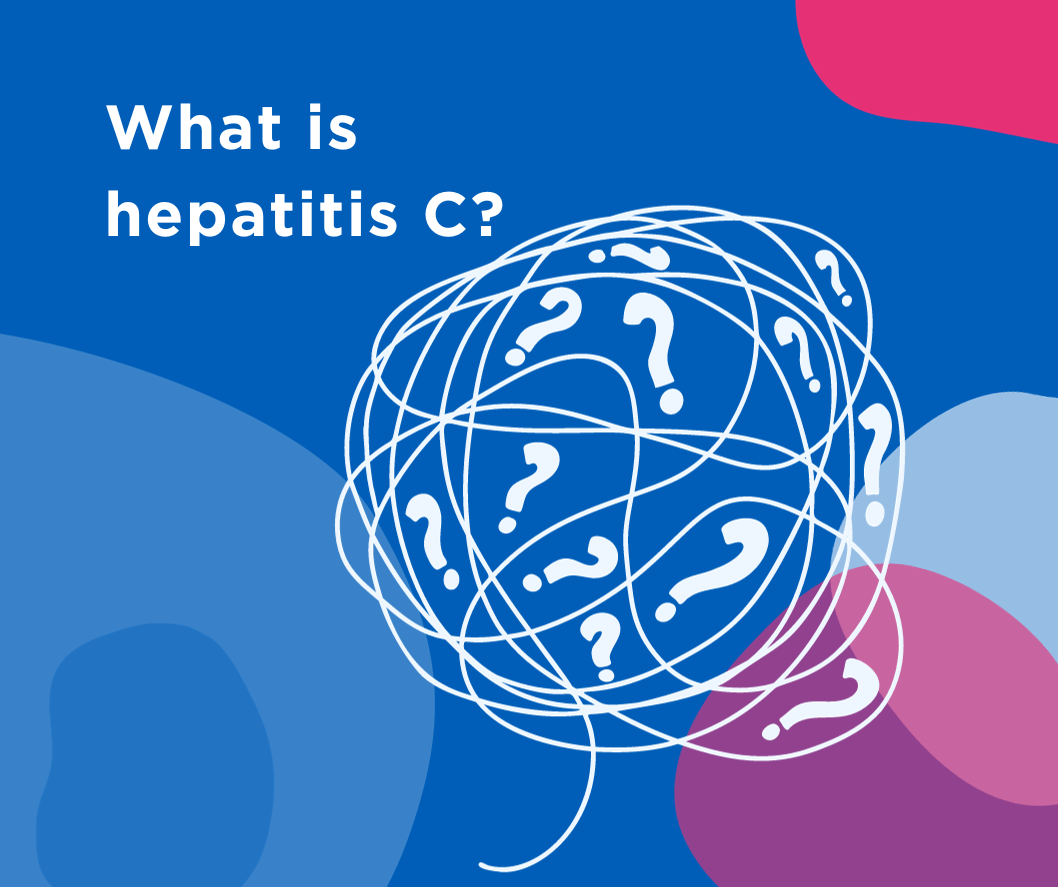Order one of our free resource packs today! Fill out the form here.
What is hepatitis C and its symptoms?
What is hepatitis C?
Hepatitis C is a virus that can affect the liver.
Hepatitis C is transmitted when blood that is infected with hepatitis C enters another person’s bloodstream.
Having a hepatitis C infection can result in inflammation and significant damage to the liver, which stops it from working properly.
If hepatitis C is left untreated it can lead to serious damage to the liver and can be life-threatening.
This is why it is important that you find out if you are at risk, and how to get tested and treated.

The good news is that testing is simple and treatment can cure the virus in 95% of cases.

What are the symptoms of hepatitis C?
Some people can live with hepatitis C and not have any symptoms for many years.
Hepatitis C is known as a silent disease because the symptoms aren’t always obvious and can vary from person to person.
The symptoms vary from person to person, but we have split them into early symptoms (likely to be experienced in the first 6 months after coming into contact with hepatitis C), and long-term symptoms.
Symptoms may begin months or even years after getting hepatitis C, and can come and go. Symptoms can be mild to severe and can include:
If hepatitis C is left untreated, the infection can eventually cause the liver to become inflamed and then scarred, known as cirrhosis. Signs of cirrhosis include jaundice, vomiting blood, dark poo and a build-up of fluid in the legs or abdomen.